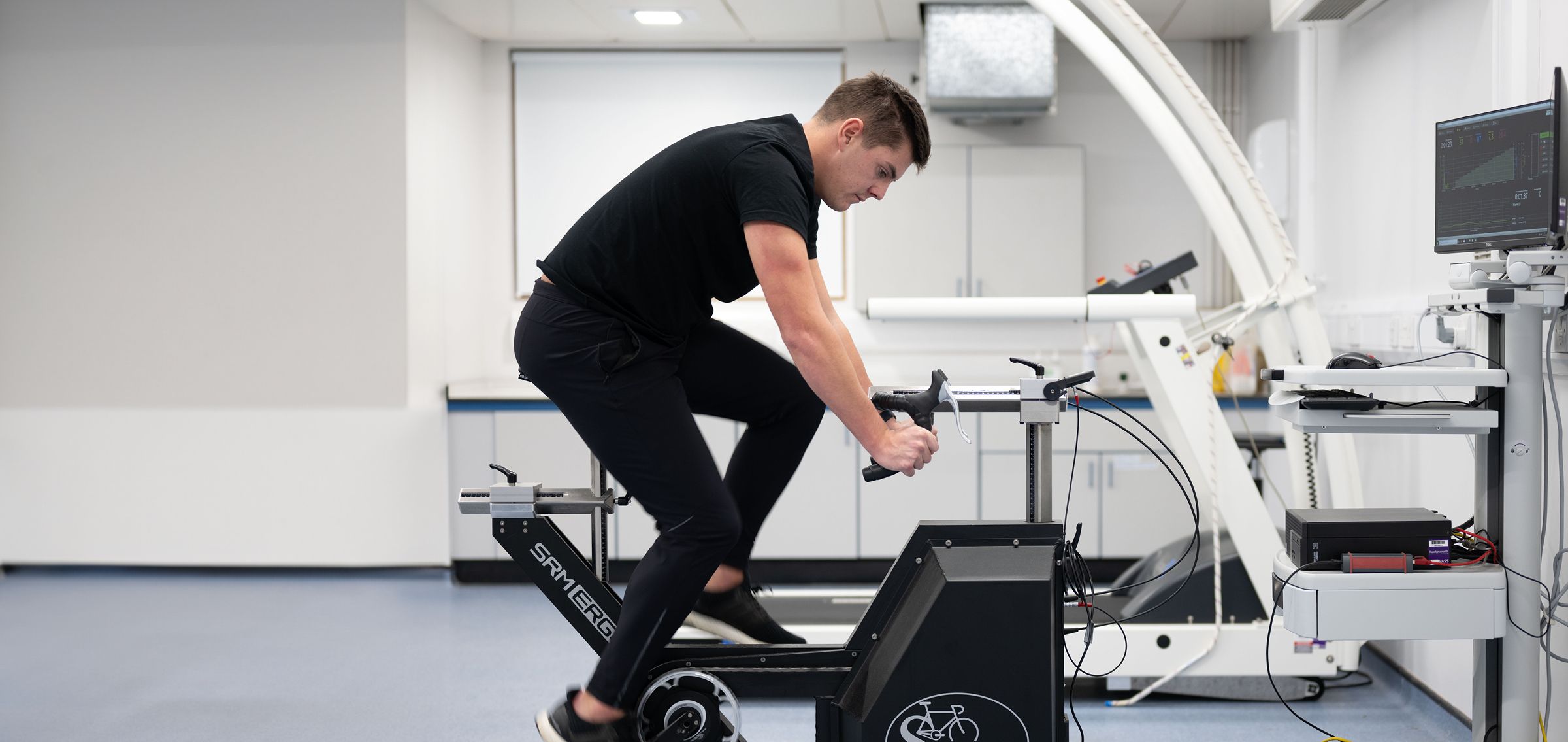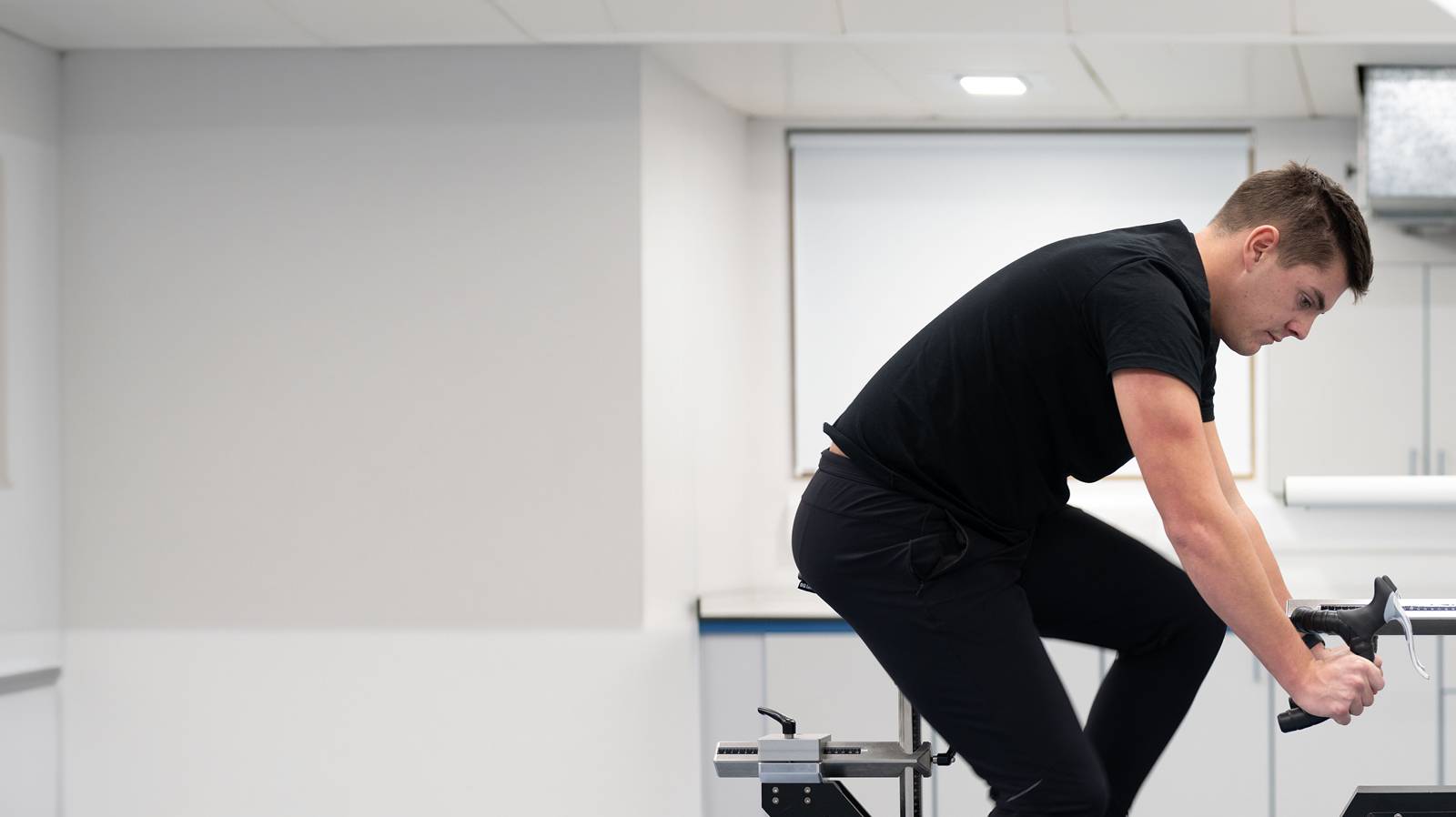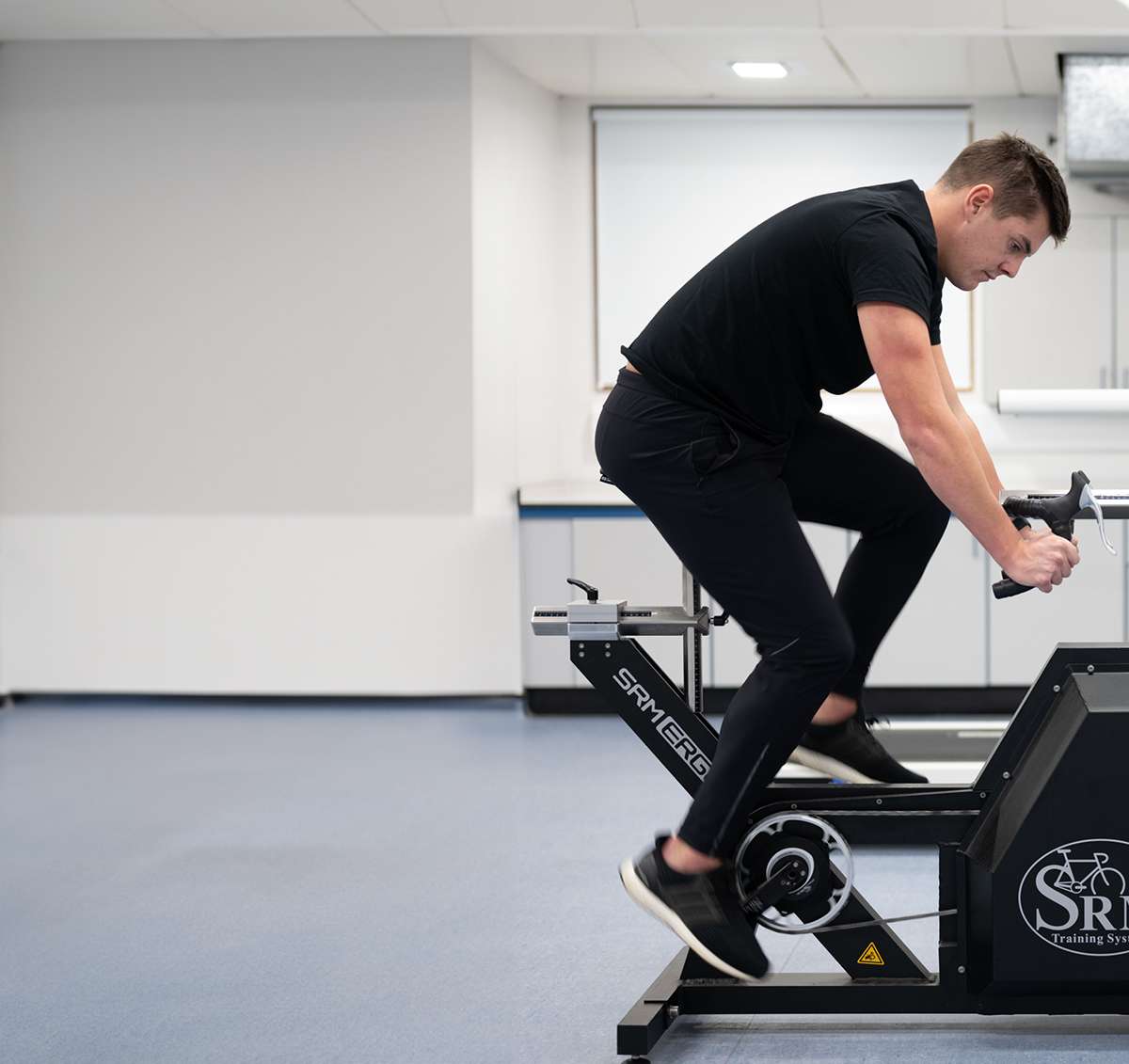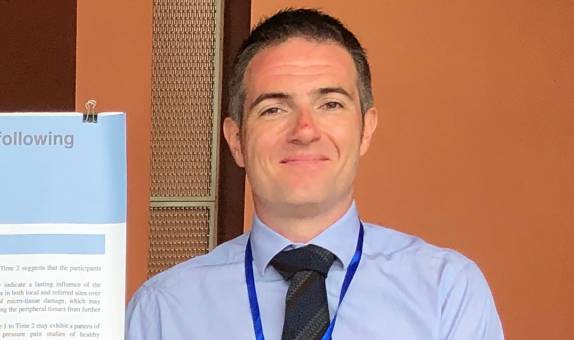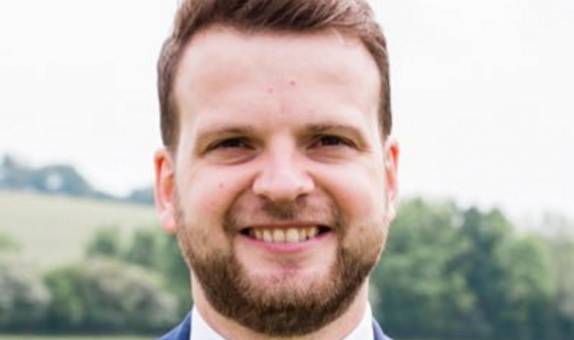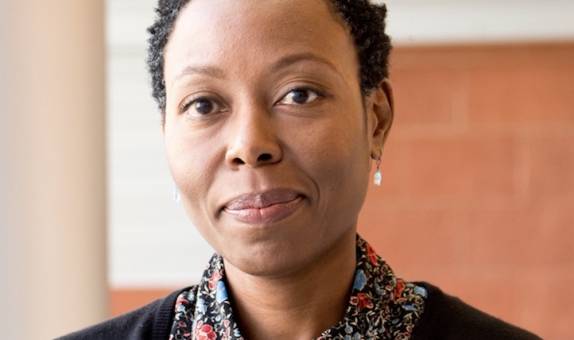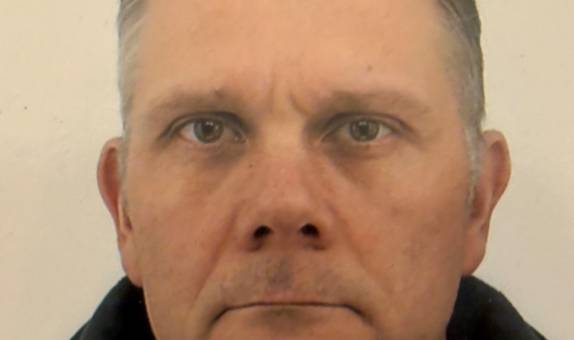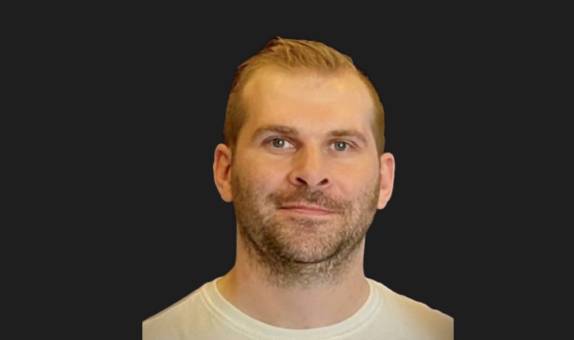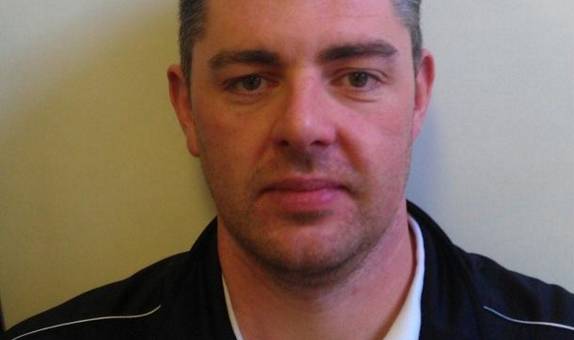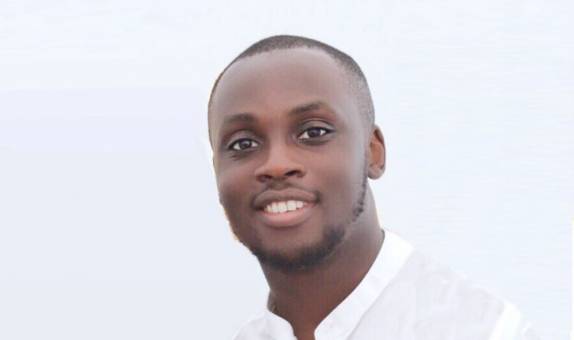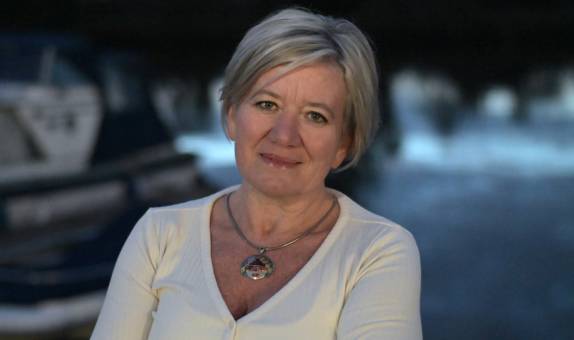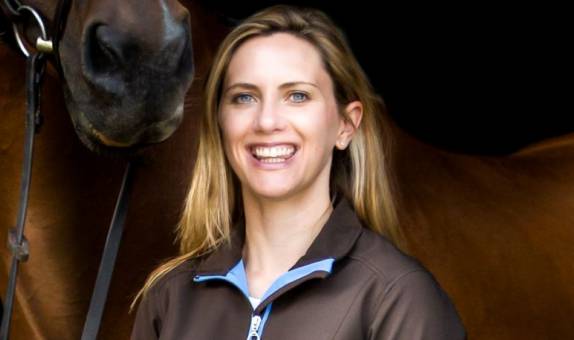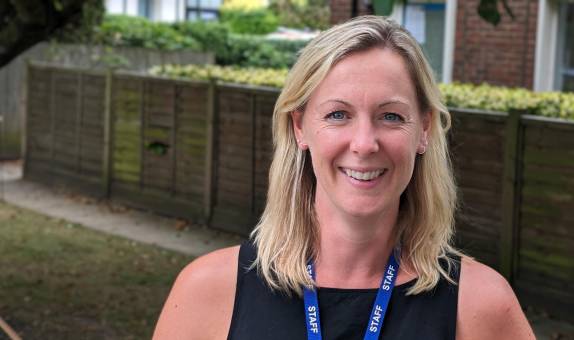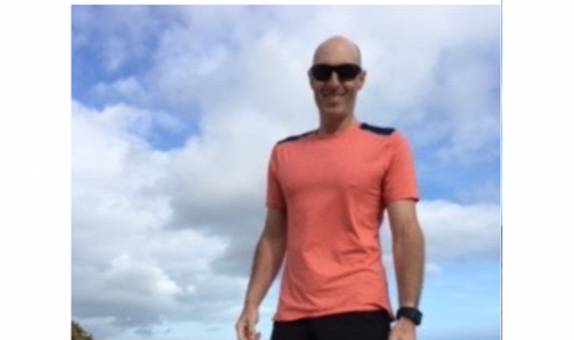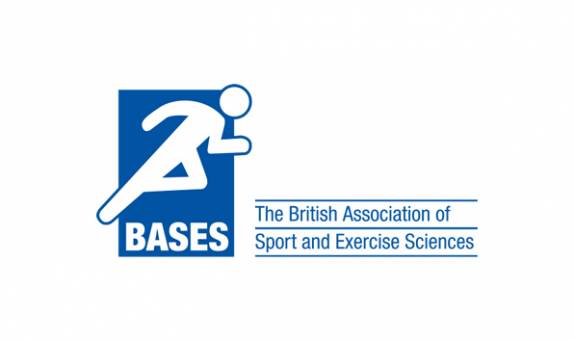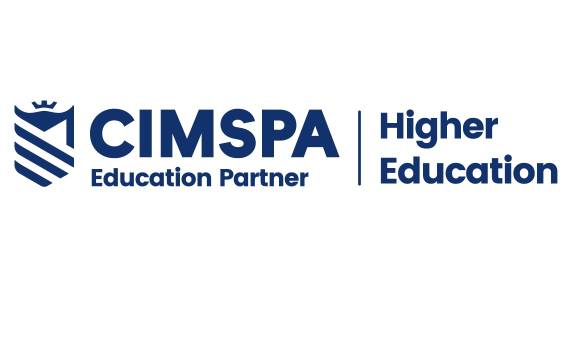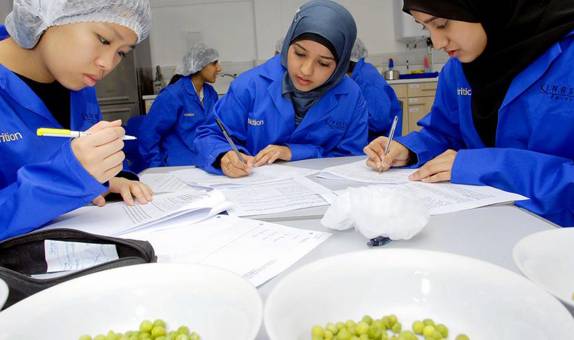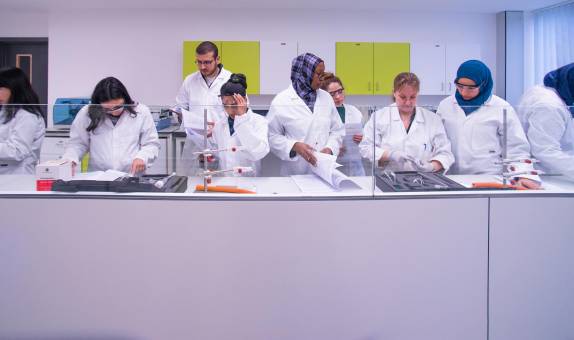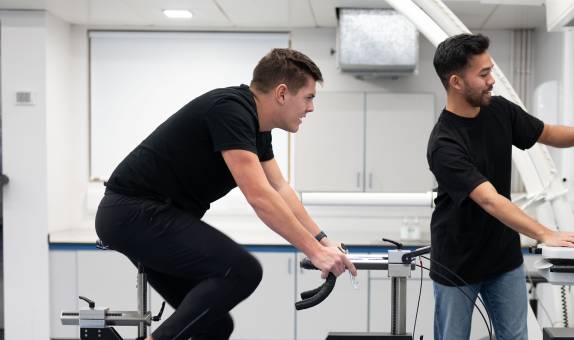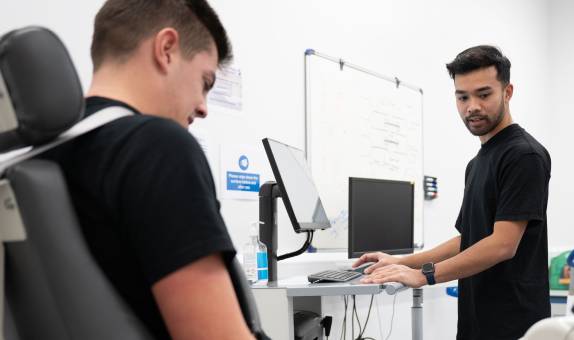Sport and Exercise Science BSc (Hons)

Teaching Excellence Framework (TEF) Gold award
Our commitment to high quality teaching has been recognised with a TEF Gold rating. The University has received an overall rating of Gold, as well as securing a Gold award in the framework's two new student experience and student outcomes categories.
Why choose this course?
Are you passionate about sport and exercise? Would you enjoy a career where you worked to improve people's sporting performance, fitness and health? There are increasing opportunities for sports scientists to work with athletes or conduct research.
This hands-on course studies the science that underpins sports participation and how the body's performance can be improved, with built-in industry-recognised qualifications. Topics include anatomy, biomechanics, nutrition, physiology and psychology. You'll learn to monitor and assess health, fitness and performance.
You'll be able to tailor your studies to your own interests and career goals.
Note: this course was previously called Sport Science BSc (Hons).
| Attendance | UCAS code/apply | Year of entry |
|---|---|---|
| 3 years full time | C600 | 2024 (Clearing) 2025 |
| 4 years full time including sandwich year | C601 | 2024 (Clearing) 2025 |
| 4 years full time including foundation year | C608 | 2024 (Clearing) 2025 |
| 6 years part time | Apply direct to the University | 2024 (Clearing) 2025 |
Please note: Teaching on this course may take place on more than one KU campus.
| Main Location | Penrhyn Road |
Reasons to choose Kingston University
- This course is endorsed by the British Association of Sport and Exercise Sciences (BASES).
- You will gain the CIMSPA Coaching Assistant qualification after successfully completing your first year.
- You'll have access to sophisticated equipment to measure athlete responses to exercise and analyse sports movements and skills.
- 97.2% of students thought staff make the subject engaging (NSS 2023).
Sport and Exercise Science at Kingston
Students Louise and Tom talk about their experience studying at Kingston University:
What you will study
If you choose to take the four-year sandwich route of this degree, you will undertake one year of industry-related work experience.
Year 1
Year 2
Year 3
Core modules
Essentials for Sport, Exercise and Nutrition Sciences
30 credits
Gain the skills you need to conduct your own research and make a difference in the fields of sport, exercise and nutrition. Learn how to design and carry out experiments, analyse data, and communicate your findings.
You will also be introduced to the principles of qualitative and quantitative research, and how to use statistical techniques to analyse sport science and nutrition data.
Sport and Exercise Psychology 1
30 credits
This module introduces the fundamental constructs of sport and exercise psychology and how they impact on our understanding of human behaviour and learning in sport and exercise environments. These constructs include personality, motivation, anxiety, stress as well as the learning and performance process. You will also learn about the theories of motor control and motor learning.
Topics include:
- The role of the self in sport and exercise, how this develops and impacts wellbeing and performance
- Theories of personality development and the role it plays in sport and exercise
- Different perspectives on motivation in sport and exercise
- Theories of arousal, stress and anxiety and how they might impact sport/exercise environments
- The role of psychology in the uptake and maintenance of physical activity
- How exercise is linked to maintaining/improving psychological health
- The role of perception and attention in the ability to learn and perform motor skills
- Sport and exercise psychology research methods.
Functional Anatomy and Exercise Physiology
30 credits
Understanding the mechanics of the body is the building block of sport and exercise science.
You will be introduced to the fundamentals of functional anatomy and physiology, particularly the skeletal, neural, muscular, metabolic, respiratory and cardiovascular systems. The focus will be on understanding the biomechanics of movement and physiological responses to the demands of physical activity.
The Science and Practice of Coaching
30 credits
This module introduces theories related to coaching, group management and leadership roles in sport and exercise, and how to apply them in practical settings.
You will also gain an understanding of structural, technical and tactical aspects of selected sports.
This module is very practical. You will develop practical coaching experience from assistant/observer to lead coach in a variety of sport and levels.
You will learn how to deliver warm-up/cool-down or technical, tactical skills related to a sport
Core modules
Analysis in Sport and Exercise
30 credits
This module introduces you to the technical and tactical analysis of sport performance, to develop an appreciation of how data may be used to explain and enhance sporting performance, and reduce the risk of injury.
Performance analysis focuses on analysis techniques used to explore impactful metrics to enhance performance and inform the coaching cycle.
You will also look at technical elements of sport performance such as biomechanical analysis to explore the key mathematical and physical concepts underpinning the analysis of human movement in sport and exercise.
Health and Exercise Physiology
30 credits
This module covers the acute and chronic physiological changes caused by exercise, giving you an understanding of cardio-respiratory health. You will learn to link exercise physiology to performance. You will understand the role of exercise and physical activity as a prescription therapy to clinical diseases. This module will further develop your understanding by equipping you with the scientific skills to monitor and assess health, fitness and performance.
Sport and Exercise Psychology 2
30 credits
You will build on your sport and exercise psychology from your first year. You will explore social psychology in sport and exercise, including group dynamics. You will also explore the psychology and development of the individual in exercise settings and the benefits of exercise to maintain psychological health and wellbeing.
Topics include:
- Motivation in sport and exercise settings and the developments of differing perspectives in this area.
- Group dynamics in sport and exercise settings and how this might influence group satisfaction and performance.
- Aggression in sport contexts.
- Burnout in athletes, including psychological components, mechanisms and experiences.
- Career transitions for sport performers, and the role sport psychology may play in assisting transitions.
- Moral development in young athletes, and the role of morality in competitive sports contexts.
- The role of emotions experienced on an inter and intra personal level in sport and exercise environments.
- Theories of exercise adoption and maintenance.
Research Methods in Sport, Exercise, and Nutrition Sciences
30 credits
This module focusses on the approaches to research design, data collection techniques and appropriate analyses to make accurate interpretations. It further investigates quantitative and qualitative research methods introduced at Level 4 and introduces you to more advanced techniques. The module provides an essential introduction to research ethics and the ethical approval procedures that are required when using human participants for research.
Skills developed in this module will form the foundation of your final year project module. This module also provides you with an overview of how to recognise and develop key and transferable skills to enhance employability through relevant professional development and research experience. The Future Skills Explore Learning Outcomes are delivered in this module.
Core modules
Sport and Exercise Science Project
30 credits
You will get to research an area of your interest, culminating in an original and significant piece of research in this one-year module. You will use the research skills developed through the programme. You will have full access to all sports and exercise laboratory equipment to experience real world data collection and analysis. You will work closely with an assigned supervisor, who will support your progress.
Optional modules
Applied Sport and Exercise Physiology
30 credits
You will advance your understanding of exercise physiology using an integrative/systems approach and apply this to environmental stress, exercise training and different populations for sport performance and health. You will critically evaluate interventions designed to limit the physiological consequences of exercise and environmental stress to improve physical performance in recreationally active to elite athletes. Following this module, you will be able to apply your knowledge and provide evidence-based practical recommendations to enhance human performance during exercise in different environments, conditions, and populations.
Applied Sport Psychology
30 credits
This module will develop critical understanding of sport psychology through the evaluation of interventions to promote athletic performance. You will explore the role of the sport psychologist, and the types of skills used by these professionals with individual athletes and teams.
You will build on your existing knowledge of psychological theory, using case studies and stories of professional athletes to propose psychological interventions. You will develop an understanding of frameworks used by sport psychologists working in the field, from needs analysis to intervention and evaluation, and have the opportunity to apply these skills through role play.
Biomechanics of Sport Performance and Injury
30 credits
This module provides a critical, theoretical and practical understanding of applied techniques used in the biomechanical analysis of human movement and sporting activity.
You will learn how the application of biomechanics may be used to improve sports performance and reduce the risk of injury. You will learn about injury prevention, assessment, treatment and rehabilitation.
You will apply knowledge and practical experience of the techniques used for recording and analysing sporting movements, using technology such as 3D motion capture and electromyography to assess muscular activation.
Performance Analysis in Sport
30 credits
This module develops skills gained at Level 5 in LS5015 Analysis in Sport and Exercise and further enhances the role of performance analysis within sport. The module sees a much greater emphasis placed on the applied application, investigating sporting performance using industry-leading equipment and software, and how this insight supports the coaching cycle within a variety of sports.
Sport Nutrition
30 credits
You will examine the physiological, mechanical and psychological responses to nutritional dietary strategies and ergogenic aids for exercise training and competition. Challenge your perceptions and cultural choices of food for a diet suitable to meet the demands of competitive exercise and sport performance. You will explore the nutritional strategies that are used by the general population, from recreational amateurs to elite athletes. You will be able to provide sound guidance for informed dietary choices and optimising a person's competitive performance.
You will learn about the efficacy of carbohydrates, proteins and fats for the provision of, exercise and sport performance with specific focus on current dietary guidelines versus dietary differences – low fat, high fat, intermittent fasting, flexitarian, gluten free, carnivore and vegan diets. You will also explore the significance of gut microbiology and use of pre and probiotics to enhance competitive performances.
You will also explore the psychological impact, such as stress and anxiety, on the relationship between nutrition and the body. You will learn about the dietary needs for exercise dependent on duration and intensity, such as maximising attention and concentration, strength, power, middle distance, speed endurance, ultra-endurance events.
You will learn about the dietary needs for specific groups, including youth athletes, female athletes and how their hormones and cycle can affect nutrition and training.
Other important topics such as the sugar endemic, eating disorders and immunity will also be covered.
Please note
Optional modules only run if there is enough demand. If we have an insufficient number of students interested in an optional module, that module will not be offered for this course.
Foundation year
If you would like to study one of our science degrees at Kingston University but are not yet ready to join the first year of a BSc(Hons) course, you can include an extra foundation year within your chosen degree. Please see the science foundation year course page for details of modules.
Future Skills
Knowledge to give you the edge
Embedded within every course curriculum and throughout the whole Kingston experience, Future Skills will play a role in shaping you to become a future-proof graduate, providing you with the skills most valued by employers such as problem-solving, digital competency, and adaptability.
As you progress through your degree, you'll learn to navigate, explore and apply these graduate skills, learning to demonstrate and articulate to employers how future skills give you the edge.
At Kingston University, we're not just keeping up with change, we're creating it.

Entry requirements
If you would like to join us through Clearing 2024, please call our Clearing line on 0800 0483 334 (or +44 020 8328 1149 if you are calling from outside the UK) and speak to our friendly and knowledgeable hotliners who will be able to provide information on available courses and will guide you through your options.
Please note the entry requirements listed below are for 2025 entry only.
Teaching and assessment
Scheduled learning and teaching on this course includes timetabled activities including lectures, seminars and small group tutorials.
It may also include placements, project work, practical sessions, workshops, conferences and field trips.
Who teaches this course?
This course is delivered by the School of Life Sciences, Pharmacy and Chemistry.
The School of Life Sciences, Pharmacy and Chemistry offers an outstanding and diverse portfolio of undergraduate and postgraduate programmes in biological and biomedical sciences, chemistry, forensic science, pharmacy, pharmacological and pharmaceutical sciences, and sport science and nutrition.
We've invested heavily in the development of new facilities including laboratories for teaching and research to provide students with access to ultra-modern equipment in a wide range of teaching facilities.
Postgraduate students may run or assist in lab sessions and may also contribute to the teaching of seminars under the supervision of the module leader.
Course fees and funding
Additional costs
Depending on the programme of study, there may be extra costs that are not covered by tuition fees which students will need to consider when planning their studies. Tuition fees cover the cost of your teaching, assessment and operating University facilities such as the library, access to shared IT equipment and other support services. Accommodation and living costs are not included in our fees.
Where a course has additional expenses, we make every effort to highlight them. These may include optional field trips, materials (e.g. art, design, engineering), security checks such as DBS, uniforms, specialist clothing or professional memberships.
Facilities
There is a wide range of facilities for practical work at our Penrhyn Road campus, where this course is based. You will have access to a modern environment with the latest equipment.
Exercise physiology lab facilities
We have a number of ergometers, such as treadmill, cycle and rowing kayak, for analysing sports-specific performance. Sophisticated equipment allows us to measure the physiological responses to exercise, such as:
- oxygen consumption
- fat oxidation
- heart rate
- blood pressure
- haematological responses.
Practical work helps you develop your understanding of exercise physiology and your practical skills. The high specification equipment ensures a high quality of research and allows staff to provide support services to top-class athletes from a range of sports.
We have two specialist environmental chambers that can adjust heat/humidity levels and simulate altitude environments.
Biomechanics lab facilities
A large laboratory provides space for teaching, research and consultancy activities. We can sophisticatedly analyse sports movements and skills thanks to:
- force platforms fitted in the floor
- a six-camera motion analysis system
- an isokinetic dynamometer
- electromyography.
Two smaller labs provide space for specific activities, such as gait analysis, assessment of muscle function and data analysis. The Library offers:
- subject libraries, plus a free inter-library loan scheme to other libraries in the Greater London area
- online database subscriptions
- a growing selection of resource materials.
Endorsements
This course is endorsed by the British Association of Sport and Exercise Sciences (BASES) and CIMSPA.
What our students say
After you graduate
There are opportunities in sports management, recreation and health and fitness in the private and public sectors.
What our graduates say
How we work with external organisations
Our staff are actively engaged in research, presenting at international conferences and publishing in high-quality scientific journals. This means that you can be sure your course is being kept up-to-date and delivered by experts in the field.
Staff consultancy services can also give you the chance to observe sport science laboratory assessments of world-class athletes. We provide physiological, biomechanical and psychological support to a variety of athletes and squads including:
- the Great Britain Olympic Canoe and Kayak Team
- Fulham Football Club
- Thames Turbo Triathlon Club.
Work placement year
How you can work in industry during your course
Placements:
- provide work experience that is relevant to your course and future career
- improve your chances of graduating with a higher-grade degree
- enhance your CV
- lead to a graduate job
- enable you to earn a year's salary whilst studying (the vast majority of placements are paid)
- help you to select your final-year project.
"To be successful, tomorrow's leaders will need to be far more rounded individuals than ever before. They will collaborate in pursuit of shared goals. They will guide, challenge and support...They will have an appetite for change and a hunger for continuous improvement, and they will have an ethos of learning and development..." Jeremy Darroch, Former Chief Executive, Sky.
"Doing a placement year effectively gives you one foot in the door of a future job and to stand out from the crowd... as well as enhancing my CV... and future interviews. It's a great motivator to be successful in my studies as it only serves to open even more doors and gain more skills." Placement student at Jagex Games Studios Ltd.
There is a lot of support available for students looking to secure a placement (e.g. a jobs board with placement vacancies, help with writing CVs and mock interviews). Getting a placement and passing the placement year are ultimately the student's responsibility.
Examples of placements
Placements can be with large multinational companies, international companies, local companies and small start-ups; offering a diverse range of posts. Here are some examples of employers and roles:
| Construction-based placement employers | Construction-based placement roles |
|---|---|
| RG Group Multiplex Costain Willmott Dixon Fluor |
Assistant site manager Assistant trades package manager Assistant logistics manager Health and safety officer Construction engineer |
| Science-based placement employers | Science-based placement roles |
| Reckitt and Benckiser GSK Drug Control Centre Minton Treharne and Davies Ltd Various local and international hospitals |
Bioanalytical sciences Lab assistant Pharmacy assistant Sports coach |
| Engineering-based placement employers | Engineering-based placement roles |
| Airbus BAM Nuttall Nissan Bosch Wozair |
Analysis of aircraft structure Construction resources specialist Site engineer assistant |
| Computing and IS-based placement employers | Computing and IS-based placement roles |
| Disney Sony Interactive Entertainment Europe IBM McKinsey Intel |
Database coordinator Software developer Website developer App developer |
| Mathematics-based placement employers | Mathematics-based placement roles |
| Lloyds Banking Group AXA Allianz PAU Education, Spain |
Analyst Investment solutions Research analyst Accounts assistant |
Key information set
The scrolling banner(s) below display some key factual data about this course (including different course combinations or delivery modes of this course where relevant).
Course changes and regulations
The information on this page reflects the currently intended course structure and module details. To improve your student experience and the quality of your degree, we may review and change the material information of this course. Course changes explained.
Programme Specifications for the course are published ahead of each academic year.
Regulations governing this course can be found on our website.
